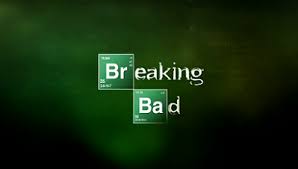
Florida, Georgia and Alabama consumers need not worry about a recent case out of the Second Circuit, Reyes v. Lincoln Automotive Financial Services, (2nd Cir. June 22, 2017) that held today that if the contract allows for robocalls, you can never revoke consent to call under the Telephone Consumer Protection Act (“TCPA”). The 2nd Circuit recognizes that this may be an abuse, but determined that this was ultimately a problem for Congress to fix, not the Court. It distinguished a 2015 FCC revocation order by asserting that the FCC order just references common law principals of revocation, as opposed to contractual terms previously agreed upon by the parties.
Fortunately, our clients need not worry since in Florida, our Eleventh Circuit takes a more expansive view on revocation that protects consumers against harassing robocalls when they elect to revoke any prior consent.
The Third, Sixth and Eleventh all have favorable decisions on this issue:
 Reboot Your Life: Tampa Student Loan and Bankruptcy Attorney Blog
Reboot Your Life: Tampa Student Loan and Bankruptcy Attorney Blog







